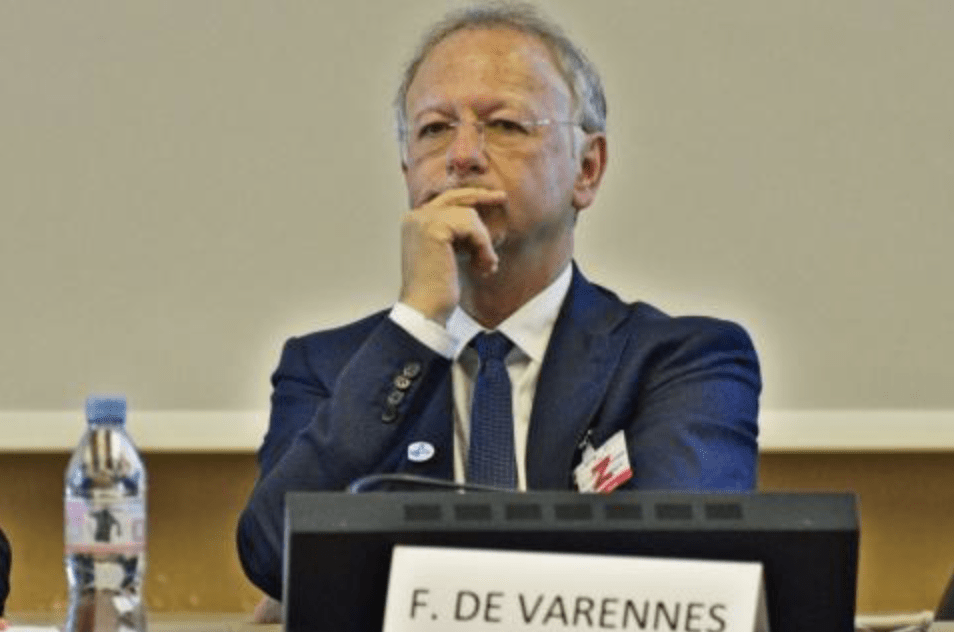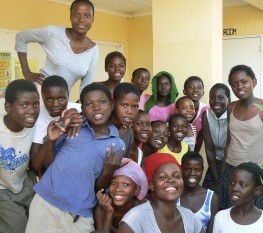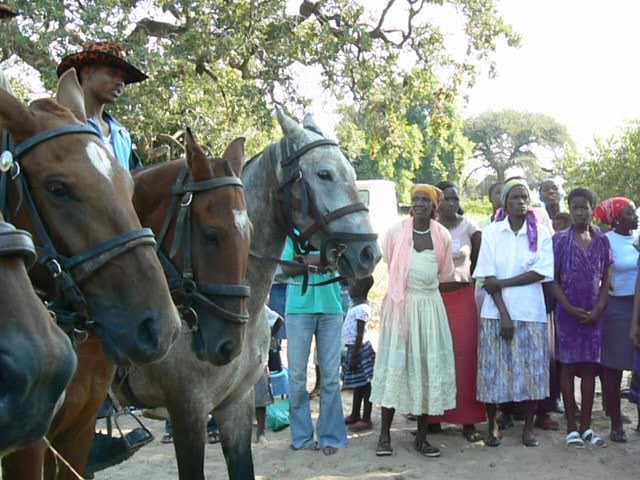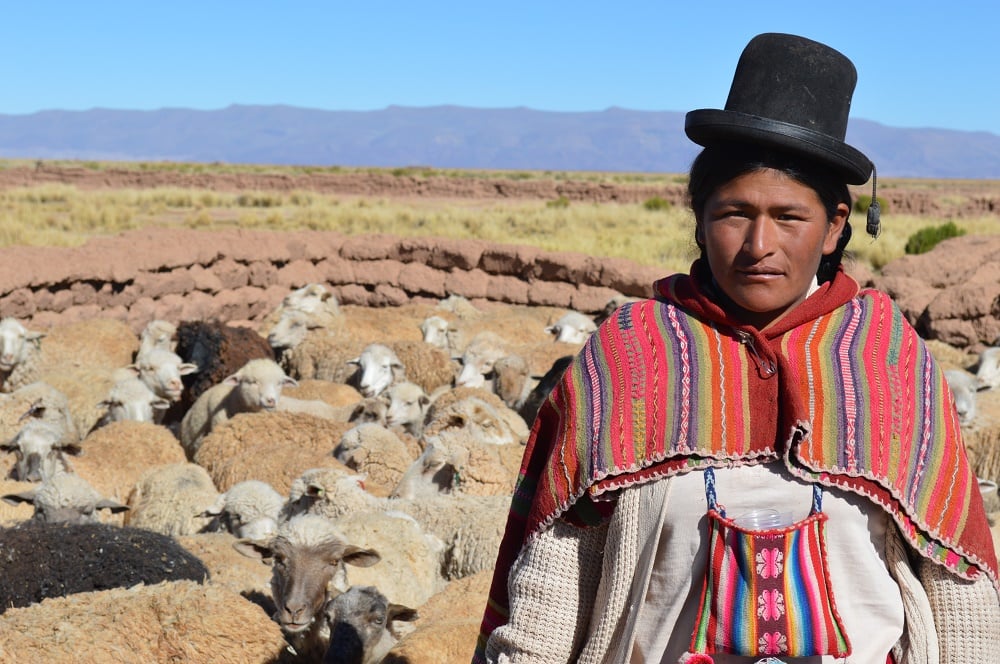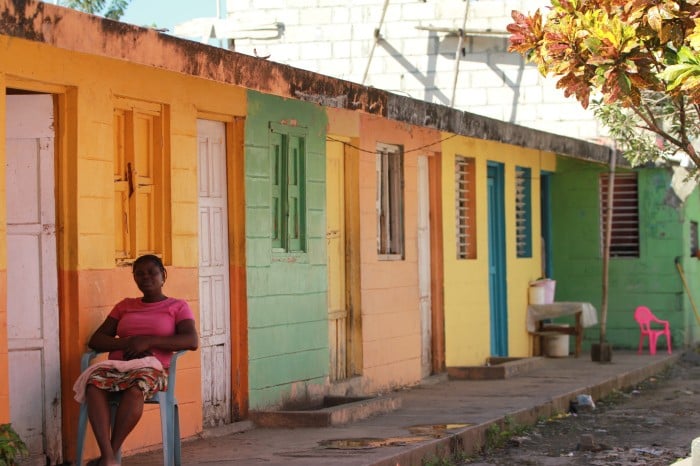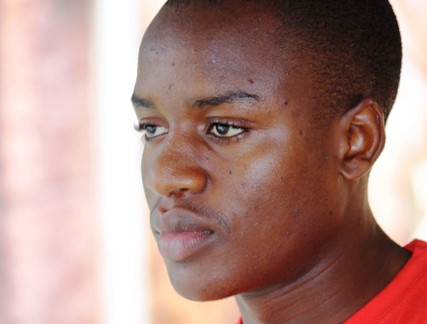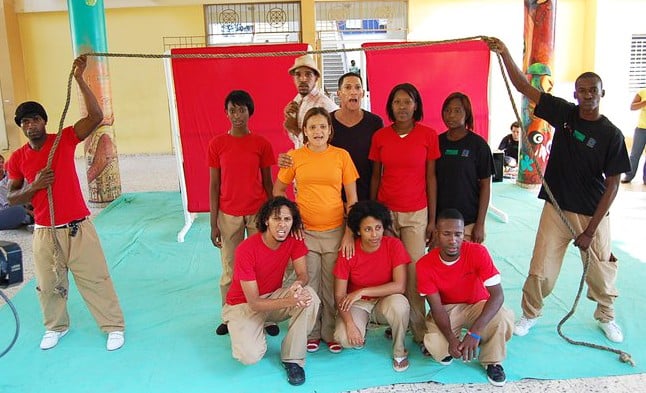Environment
Botswana lies to the north of South Africa, borders Namibia to the west and north, touches on south-western Zambia,and shares a border with Zimbabwein the east. Much of Botswana consists of the Kalahari (or Kgalagadi) Desert; the most fertile country comprises the eastern borderlands. Botswana is the world’s leading diamond producer, providing 80 per cent of gem-quality stones.
History
The British Protectorate of Bechuanaland, established in 1885, acted as a buffer against further encroachment from South Africa. Colonial rule was indirect and European settlement limited. At independence in 1966 Bechuanaland became Botswana.
The British colonialists cultivated Tswana tribe and their chiefs as the rulers of Botswana. They assumed that ‘no other tribes existed or had chiefs’. The non-Tswana tribes – either in the South or North – were not brought into the governance structures prior to independence. After independence, the Tswana-tribes consolidated their hegemony. By continuing arrangements put in place by the British, they promoted a mono-lingual and mono-cultural state, to such an extent that the multi-cultural, multi-tribal nature of Botswanan society has become virtually unknown to the outside world. Indeed, many international reference books refer to Botswana as a majority Tswana society – a distortion of the facts. The Tswana are a numerical minority in the country. In the years after independence, the teaching of other tribal languages was banned – and only Setswana was taught as a native language. The campaigning organisation Reteng estimates that the remaining 26 languages are highly-endangered. The traditional tribal structures of the non-Tswana communities have been undermined and marginalized.
Despite wide recognition by governments and NGOs for its good governance, Botswana was slow to react to the HIV-AIDS pandemic, and today the UN says that more than one in three adults in Botswana is HIV-positive or has AIDS. The government has since reacted to the catastrophe with aggressive public health policies, and anti-retroviral drugs are now available to most of the population. However, a 2003 report found that the dissemination of effective anti-Aids messages was hampered by the fact that Radio Botswana only broadcast health advice in English and Setswana. Minorities living in remote regions have suffered exceptionally high rates of infection and are hard to reach.
In recent years, Botswana has seen an influx of refugees from neighbouring Zimbabwe as that country’s economy has imploded.
^top
Governance
A major source of grievance for minority groups has been the legal and constitutional arrangements which have discriminated against them. Most of the laws of Botswana recognise and protect the rights of the eight Tswana speaking groups with regards to ethnic identity (including language and culture), land (which entails the economy and culture) and chieftaincy (which entails governance and decision-making, both regionally and nationally). However no such similar recognition or protection is given to the non-Tswana speaking ethnic groups in Botswana.
The role of traditional chiefs has become particularly contentious. The House of Chiefs (called the Ntlo ya Dikgosi in Setswana) advises Parliament on any matter of national concern and is particularly consulted by the government on issues that are likely to impact on the culture and tradition of Botswana. Under the Chieftainship Act (1933), only the eight principle Tswana-speaking tribes are admitted to the House of Chiefs. These representatives then go on to nominate sub-chiefs of non-Tswana speaking crown lands. They are often not regarded as the “rightful chiefs” chiefs or the preferred choice of the people.
This system has come, increasingly, under challenge, as Botswana’s minorities have begun to organise and campaign for change. In 2001, the High Court of Botswana delivered its judgment in the case of Kamanako and Others vs Attorney-General and Another, brought by the-then head of the Wayeyi tribe, and others. The ground-breaking High Court ruling found that the exclusion of the Wayeyi from the House of Chiefs was discriminatory and unjustified.
In response to the verdict, the government set up the Balopi Commission, and after completion of its inquiries, the government produced a draft white paper. However, minority rights campaigners have petitioned the government, complaining that the new proposals do not diminish discrimination – but in fact, entrench it.
^top
